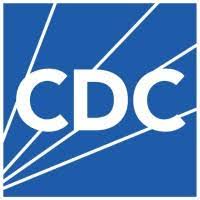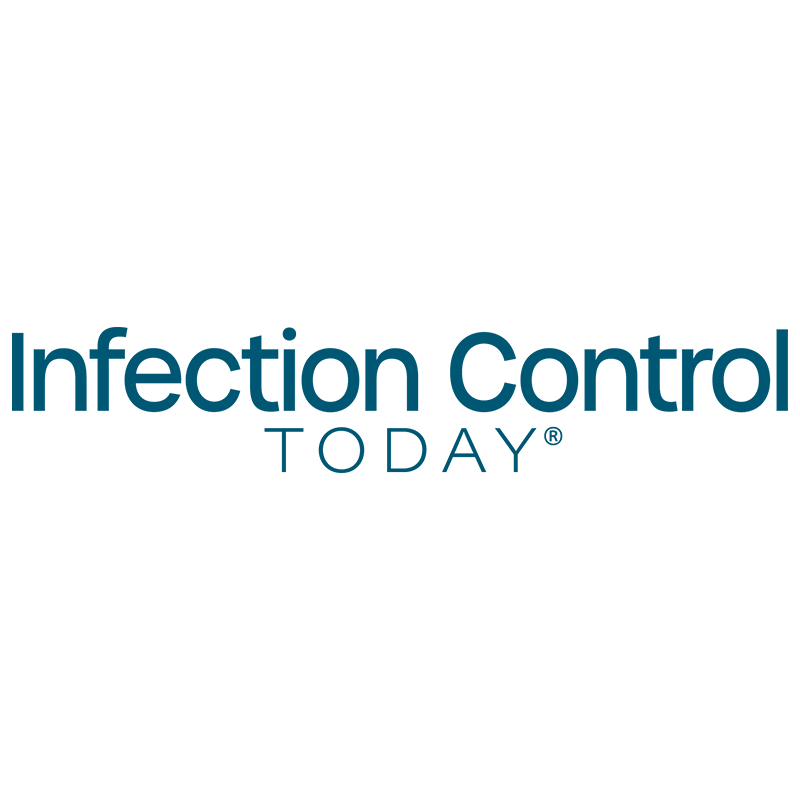
Editor's Note NDM-producing carbapenem-resistant Enterobacterales are climbing fast and straining treatment choices, according to a September 23 release from the Centers for Disease Control and Prevention (CDC) and published in the Annals of Internal Medicine. The agency warns NDM-CRE infections rose more than 460% in the US from 2019 to…

Editor's Note Sterile processing departments (SPDs) face chronic staffing shortages and underinvestment that put surgical patients at risk, according to a Surgical Directions September 18 report. It emphasizes that sterile processing technicians, who decontaminate, inspect, and sterilize every surgical instrument, remain under-recognized despite their central role in surgical safety. Per…

Once limited to hospital inpatient settings, total joint surgery is increasingly common at ambulatory surgery centers (ASCs) across the US. What is not so common is performing these complex procedures without the benefit of an onsite sterile processing department (SPD). And yet, that is exactly what we have accomplished at…

Editor’s Note: This page is a companion piece to the main article, Centralized sterile processing cuts costs, complexity for four ASCs. Implementing offsite sterilization is a major project. At Total Joint Specialists, our journey began gradually, growing in scope over time as the team became comfortable with the process…

Editor's Note DermaRite Industries has voluntarily recalled multiple lots of healthcare products nationwide due to contamination with Burkholderia cepacia, a bacterium that poses serious infection risks to immunocompromised individuals, according to an August 10 article in Newsweek. The recall affects four product lines commonly used in healthcare settings for handwashing…

Editor's Note Hospitals achieved a substantial reduction in mortality risk for surgical inpatients between 2019 and 2024, even as patients grew sicker and stayed longer, according to a report released August 5 by the American Hospital Association (AHA) and Vizient. In the first quarter of 2024, hospitalized surgical patients were…

For an ambulatory surgery center (ASC), earning accreditation can be more than a mark of excellence. The Accreditation Association for Ambulatory Health Care (AAAHC) offers Medicare Deemed Status Accreditation, eliminating the need for separate surveys to certify compliance with the Conditions of Participation (CoPs) required by the Centers for Medicare…

Editor's Note AI-enabled sensors, smart surveillance systems, and predictive analytics are advancing perioperative workflows while helping prevent breaches that can lead to surgical site infections (SSIs). This is the primary takeaway of a July 15 Q&A with Herman DeBoard, PhD, CEO of Huvr Inc., in Infection Control Today. As detailed…

Editor's Note A stem cell-based transplant method enabled most kidney recipients in a recent clinical trial to stop taking immunosuppressive drugs, according to a July 15 article in HealthDay. As detailed in the article, the approach was tested in a phase 3 multicenter, randomized controlled trial published in the American…

Editor's Note A study published July 9 in the American Journal of Infection Control found that clean paper towels are as effective—and in some cases more efficient—than sterile alternatives for surgical hand antisepsis. The results support their use as a cost-saving and safe alternative to sterile hand-drying products in surgical…